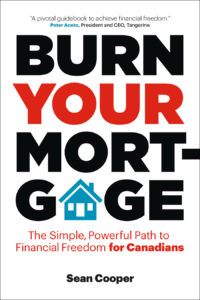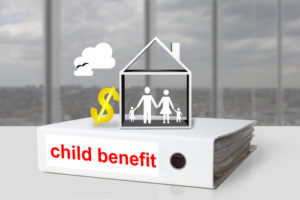Special to the Financial Independence Hub
Five years ago I read Jonathan Chevreau’s financial novel, Findependence Day, and it changed my life forever.
One of the central themes of the book is that the foundation of Financial Independence is a paid-for home. I wasn’t a fan of six figures of mortgage debt hanging over my head for the next 30 years, so I aimed to pay off my mortgage as quickly as possible.
A little over a year ago I reached my goal of “Findependence” when I burned my mortgage – literally. I paid off my home in Toronto in just three years by age 30. Thanks to a stroke of luck and good timing, the story went viral, making headlines around the world from the U.K. to Australia. I received hundreds of email from people congratulating me and wanting to follow in my footsteps.
This inspired to me write my new book, Burn Your Mortgage: The Simple, Powerful Path to Financial Freedom for Canadians. With home prices skyrocketing in cities like Toronto and Vancouver, many feel like the dream of homeownership is out of reach. I’m here to tell you that it’s not. I may have paid off my mortgage in three years, but that doesn’t mean you have to. There are simple yet effective lifestyle changes that anyone — from new buyers to experienced homeowners — can make to pay down their mortgage sooner.
Some people argue it doesn’t make sense to pay down your mortgage early with interest rates near record lows. I see it differently. Instead of using low interest rates as an excuse to pile on more debt, use them as an opportunity to pay down the single biggest debt of your lifetime: your mortgage.
Here’s an excerpt from my book that looks at why you’re most likely better off paying down your mortgage instead of investing. [Editor’s Note: the official launch of the book is today.]
Why pay down your Mortgage when you can come out ahead Investing?






